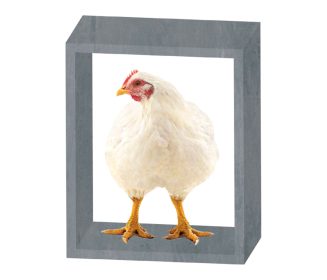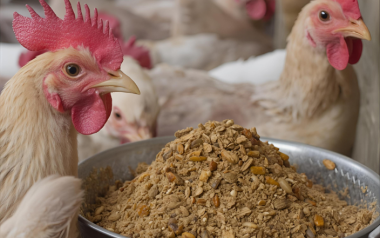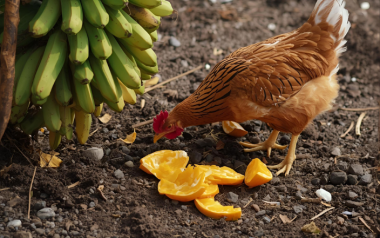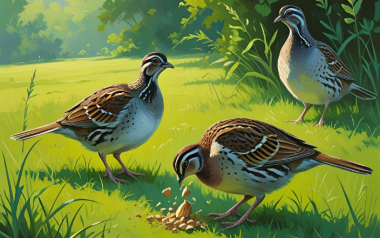Sources: Available upon request
11 Sep 2024
India shifted from corn export to poultry meat production growth
India’s transformation from a major corn exporter to a net importer has significantly impacted global markets, driven by the country’s burgeoning poultry industry and its ambitious bioethanol production goals.
India’s transformation from a major corn exporter to a net importer has significantly impacted global markets, driven by the country’s burgeoning poultry industry and its ambitious bioethanol production goals.
Historically, India was one of Asia’s top corn exporters, shipping between 2 to 4 million metric tonnes annually to countries like Vietnam, Bangladesh, Nepal, and Malaysia. However, recent shifts in domestic policy and market demands have altered this landscape dramatically.
The Indian government’s push to increase ethanol production from corn is a key factor in this transformation. In January 2024, the government raised the procurement price of ethanol made from corn, encouraging a shift away from sugarcane-based ethanol. This move aims to reduce carbon emissions and ensure a steady supply of sugar in the domestic market. As a result, ethanol distilleries now consume a significant portion of India’s corn production, which totals around 36 million tonnes annually.
This shift has created a substantial shortfall in the domestic corn supply, estimated at 5 million tonnes. To meet the growing demand for ethanol, India is expected to import a record 1 million tonnes of corn in 2024, primarily from Myanmar and Ukraine. This marks a significant change, as India had not been a net importer of corn for decades.
The impact on the poultry industry has been profound.
Poultry producers, who traditionally consumed the bulk of India’s corn, are now facing skyrocketing feed costs as local corn prices surge above global levels. Feed accounts for approximately 75% of production costs in the poultry sector, and the rising cost of corn has put producers in a difficult position. The All India Poultry Breeders Association has called for the government to lift duties on corn imports and remove the ban on genetically modified (GM) corn to alleviate these pressures.
- The competition between ethanol distilleries and the poultry industry for corn supplies has kept prices high, further straining the poultry sector.
- The farm gate price of broiler chickens has not kept pace with the rising production costs, leading to unsustainable losses for producers.
India’s transition to a net corn importer has also affected global supply chains. Traditional buyers of Indian corn are now turning to South America and the United States for their supplies. This shift is likely to support global corn prices, which are currently trading near four-year lows.
In conclusion, India’s focus on increasing bioethanol production and the growth of its poultry industry have reshaped the country’s role in the global corn market. While these changes support India’s environmental goals and domestic sugar supply, they have also created challenges for local poultry producers and altered global supply dynamics.









































